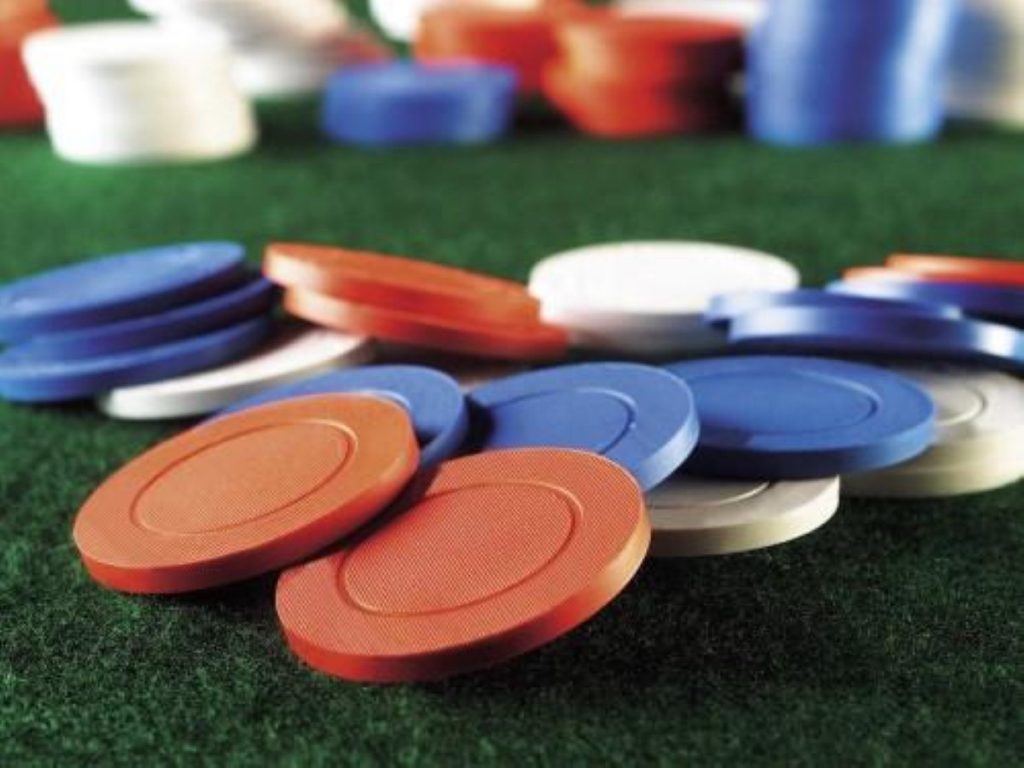Gambling Act comes into force
New laws have today come into effect allowing the advertising of gambling on television and radio in the UK.
From Saturday onwards betting shops, casinos and gambling websites are able to market themselves on TV and radio for the first time since the passing of the Gambling Act 2005.
The freedom to advertise gambling, albeit with a strict post-watershed window of 9pm, in such media has been warmly welcomed by the industry.
The act also allows gambling websites to be based in and regulated by the British government and orders the removal of up to 6,000 fruit machines from minicab offices and takeaway restaurants.


According to the government the act will cut down on illegal gambling and protect children, but campaign groups such as the Salvation Army say it will add to the “normalisation” of an activity it deems as harmful as smoking or alcohol abuse.
“Given the cumulative effect of these elements of the act the Salvation Army is particularly concerned that the government and the Gambling Commission closely monitor the impact and take swift action to counter any detrimental effects,” a statement elaborated.
“The act is now in place but people and groups, like the Salvation Army, who are concerned about the damaging effects of gambling in our society need to remain alert to the potential dangers, to support those with gambling problems, and to campaign for greater protection for the vulnerable.
“Gambling is not a normal leisure activity. While some people enjoy a flutter or bet from time to time, gambling can become addictive and cause many problems. The results can be devastating on the individual, their friends, family, and on society.”
But speaking ahead of the implementation of the act, sports minister Gerry Sutcliffe told BBC Radio Four: “In the past, under the previous gambling act which was 40 years old, there wasn’t the ability to enforce any of the regulations.
“So we have a Gambling Commission and local authorities who now have powers to investigate, to prosecute, indeed to revoke licences from people that don’t play the game.”









